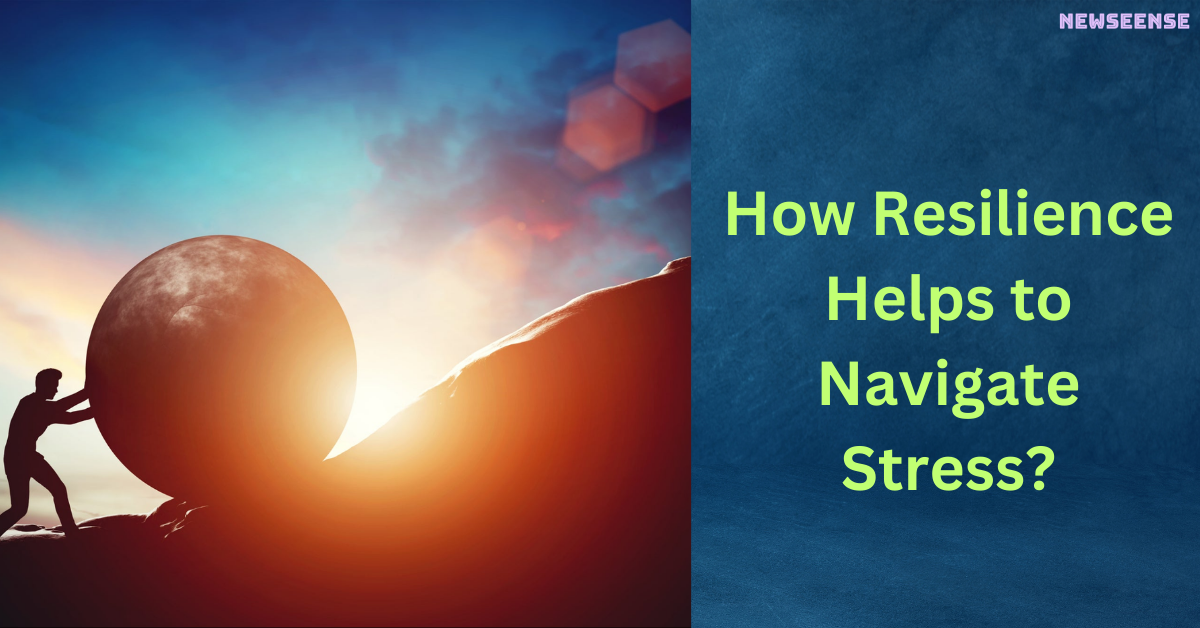
The concept of resilience often sparks confusion. Is it the ability to remain calm under stress, the art of bouncing back swiftly, or perhaps the growth that emerges from adversity? Is it an attitude, a character trait, or a skill set? This article seeks to demystify resilience and explores whether misperceptions about it could potentially harm rather than help individuals.
Table of Contents

Defining Resilience: Beyond Stereotypes
In a nutshell, resilience is not a static quality one is born with or a mere choice of attitude. It is the ability to manage stress effectively, characterized by a set of skills that can be cultivated through repetitive behaviors. Similar to physical fitness, where intention alone does not build stronger abs, resilience requires specific exercises to develop.
Building Blocks of Resilience: A Multifaceted Approach
Resilience is not a single quality but a combination of various factors. Some are beyond one’s control, such as income, education, and supportive environments. Others can be integrated into daily life, including exercise, hobbies, sufficient sleep, and cultivating supportive relationships. Developing skills for tolerating distress, regulating emotions, practicing meditation, and embracing self-compassion are aspects that may take more time to nurture.
Cultivating Resilience: Debunking Common Misconceptions
Contrary to popular belief, difficult experiences alone do not make someone resilient. Research suggests that cumulative childhood stressors can impair both mental and physical health. During the COVID-19 pandemic, the notion that “children are resilient” was challenged, emphasizing that resilience is not automatic but can be developed through intentional behaviors.
Nuances of Resilience: A Personal Journey
Resilience is not a one-size-fits-all solution. While some may appear resilient by quickly overcoming stress, it’s essential to recognize that suppressing or hiding feelings can be linked with worse mental health. The article delves into the concept of post-traumatic growth, acknowledging that personal development can arise from painful experiences.
When Resilience Isn’t the Answer: Acknowledging Complexity
Resilience is more than mental toughness; it involves a nuanced understanding of one’s feelings and responses. Emotional perfection, or pressuring oneself to appear okay, may hinder seeking support. The article suggests that sometimes changing stressful environments, rather than merely adapting to them, can be a healthier choice.
Resilience in Context: A Loaded Term
The term resilience can be loaded, especially in contexts where individuals face systemic challenges, such as racism or climate change. Overemphasizing resilience may inadvertently contribute to racial injustice, suggesting that individuals are resilient enough to endure harm. The article discusses the potential exhaustion and toll associated with wearing a mask of resilience in the face of racism.
Building Individual and Collective Resilience: A Holistic Approach
Acknowledging the complexity of resilience, the article advocates for a nuanced understanding that goes beyond a one-sized-fits-all approach. While individuals can benefit from nourishing the building blocks of resilience in their lives, broader initiatives in schools, workplaces, and communities can contribute to fostering resilience more broadly.
Navigating the Complexity of Resilience
In conclusion, resilience is a multifaceted concept that involves intentional actions, self-awareness, and an understanding of individual and systemic factors. The article encourages readers to embrace the process of becoming more resilient, recognizing that various effective approaches can be tailored to individual needs.
Also read: https://newseense.com/solar-flare-alert-sun-unleashes-powerful-eruption/
- BJP President JP Nadda Issues Notice to Dilip Ghosh Over Controversial Remarks on Mamata Banerjee
- Ram Charan and Kiara Advani’s ‘Jaragandi’ Song from Game Changer Released
- Pre-Match Banter: Rohit Sharma’s Flying Kiss Recreation Adds Spice to MI vs SRH Clash
- Swami Smaranananda Maharaj, President of Ramakrishna Math and Ramakrishna Mission, Passes Away at 95
- Stand-up Comedian Munawar Faruqui Breaks Silence on Social Media After Mumbai Police Detention






3 Comments